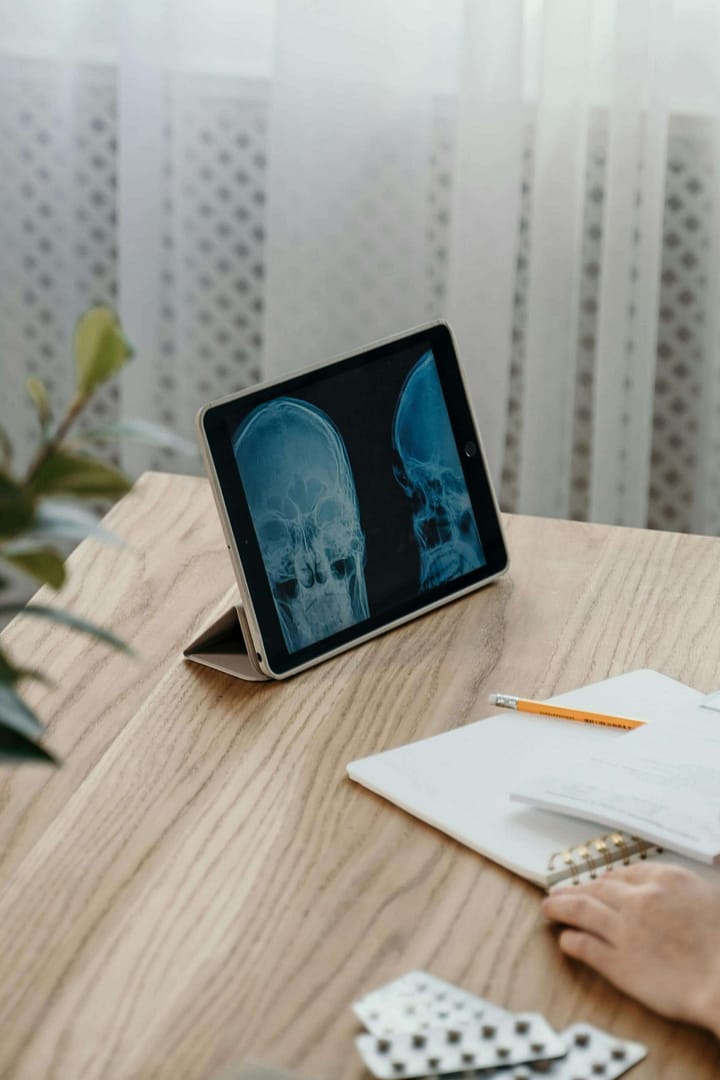Acquired Brain Injury (ABI) is a term used to describe any type of brain injury that occurs after birth, excluding those caused by neurodegenerative diseases. It’s a hidden disability that affects people of all ages and can have a profound impact on their lives and the lives of their families. This guide will provide you with comprehensive information about ABI in the UK, covering causes, types, symptoms, diagnosis, treatment, support, and legal options. We will also highlight how you can start a medical negligence claim.
What is Acquired Brain Injury (ABI)?
ABI is an umbrella term for any brain injury that is not present at birth, encompassing a wide range of conditions and severities. The two most common causes of ABI are traumatic brain injuries (TBI) and strokes. TBI occurs due to a sudden trauma to the head, such as a fall, road accident, or assault. Strokes, on the other hand, result from a disruption of blood supply to the brain, which can be caused by either a blockage (ischemic stroke) or bleeding (hemorrhagic stroke). Other causes of ABI include brain tumours, infections (meningitis, encephalitis), hypoxia (lack of oxygen), and near-drowning incidents.
Types and Symptoms of ABI
ABI can be classified into two main types: traumatic and non-traumatic. Traumatic brain injuries are caused by external forces, while non-traumatic brain injuries result from internal factors like strokes or infections.
The symptoms of ABI can vary significantly depending on the cause, severity, and location of the injury. Common physical symptoms include headaches, fatigue, dizziness, seizures, and sensory problems (vision, hearing, touch). Cognitive impairments can affect memory, attention, problem-solving, and decision-making. Emotional and behavioural changes may also occur, such as mood swings, depression, anxiety, irritability, and impulsivity.
Diagnosis and Treatment of ABI
Diagnosing ABI typically involves a thorough medical history review, physical examination, and neuroimaging techniques like CT scans or MRI scans. These tests help identify the type and extent of the brain injury.
Treatment for ABI is multifaceted and tailored to the individual’s needs. It may include medication, surgery, rehabilitation therapies (physical, occupational, speech), and psychological support. The goal of treatment is to manage symptoms, promote recovery, and improve overall quality of life.
Support and Resources for People with ABI in the UK
Living with ABI can be challenging, but a wide range of support and resources are available in the UK to help individuals and their families cope. The NHS provides comprehensive care and support services, including specialist rehabilitation units, community-based care, and mental health services.
Several charities and organisations also offer valuable support, including Headway, The Brain Injury Rehabilitation Trust, and The Children’s Trust. These organisations provide information, advocacy, emotional support, and practical assistance to people with ABI and their loved ones.
Legal Rights and Compensation for ABI in the UK
If your ABI was caused by someone else’s negligence or a work-related incident, you may be entitled to compensation. Legal options can be complex, and seeking expert advice is crucial. Solicitors specialising in personal injury law can help you navigate the process and secure the compensation you deserve.
Making a Medical Negligence Claim with National Claims
At National Claims, we understand the devastating impact that medical negligence can have on your life and the lives of your loved ones. If you believe you or a family member has suffered harm due to substandard medical care, such as misdiagnosis, surgical errors, medication errors, or delayed treatment, we are here to help you seek the justice and compensation you deserve.
Free Consultation
We recognise that every medical negligence case is unique, and we’re here to offer you a free, no-obligation consultation to discuss your specific situation. During this consultation, we’ll listen attentively to your experience, and assess the potential strength of your claim. Our team will then connect you with a qualified solicitor from our panel who specialises in medical negligence claims, ensuring that you receive the expert legal representation needed to pursue your case effectively.
*Customers pay up to 25% (incl. VAT) of the amount recovered towards solicitor costs and if you cancel outside your cooling off period, you may be charged a fee.
Contact us today to speak to one of our claims agents who will be able to help you get started on your claim.
Click below to see why we are one of the most trusted claims management companies in the UK.

We’re proud of our excellent customer reviews
We thrive on delivering exceptional service and ensuring our clients’ satisfaction. Don’t just take our word for it. Check out some of our independent reviews to see what our clients have to say.
Excellent

This firm is excellent, they sorted out my car pay out and injury claim very fast, they always communicate with you all the time.

My accident case was dealt with confidence and with great result of the outcome, especially James kept me informed all the time.

I was very impressed at the way my inquiry was treated. I was listened to attentively and everything I needed to know was explained to me.






